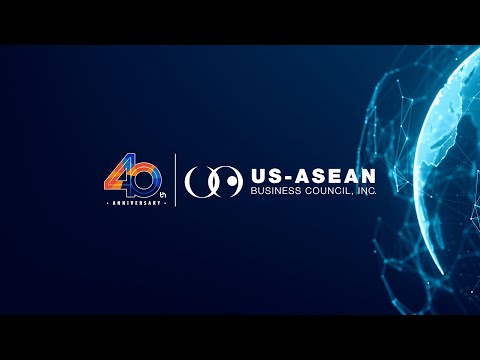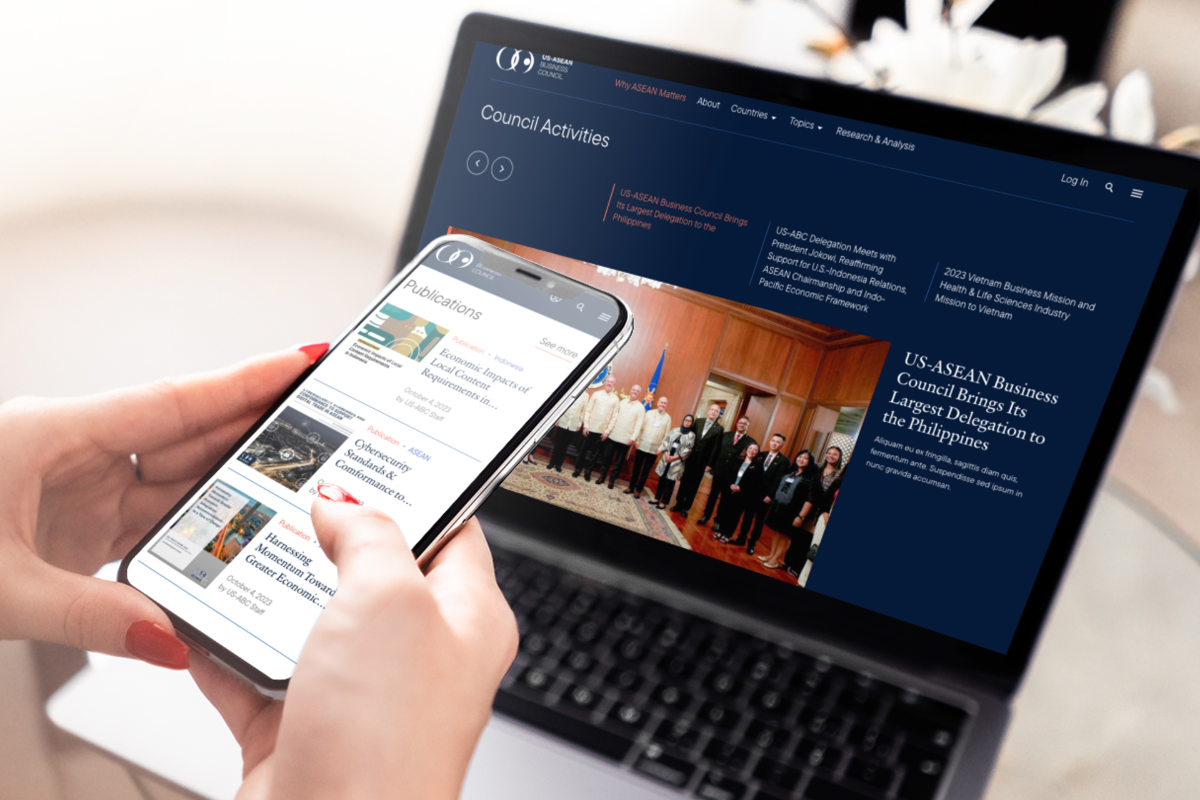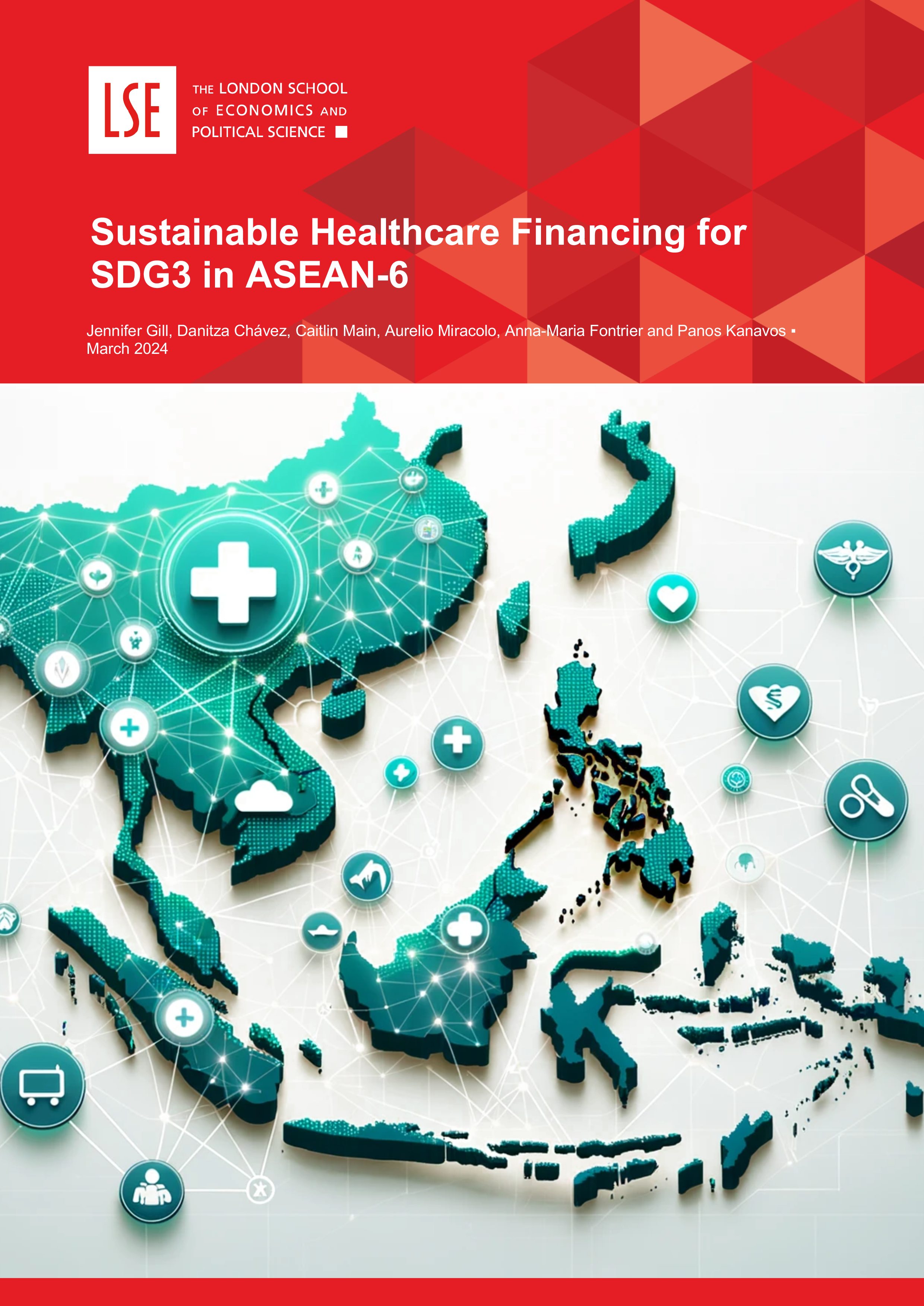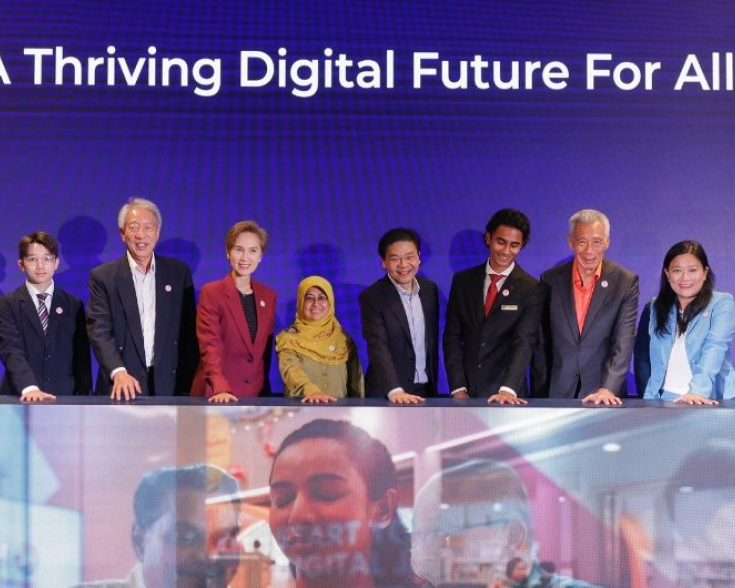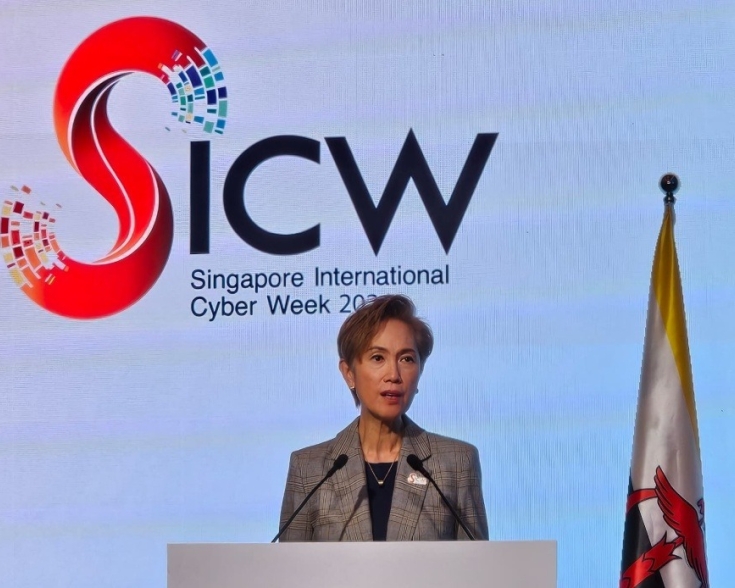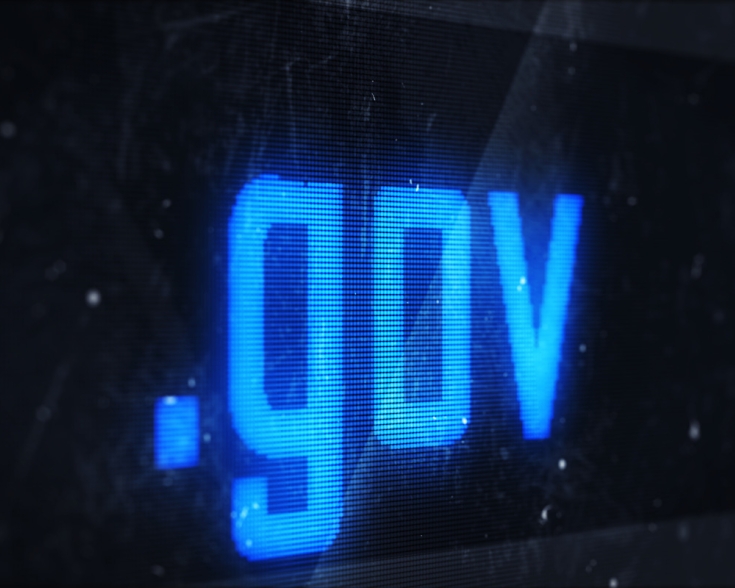President Marcos' Second State of the Nation Address
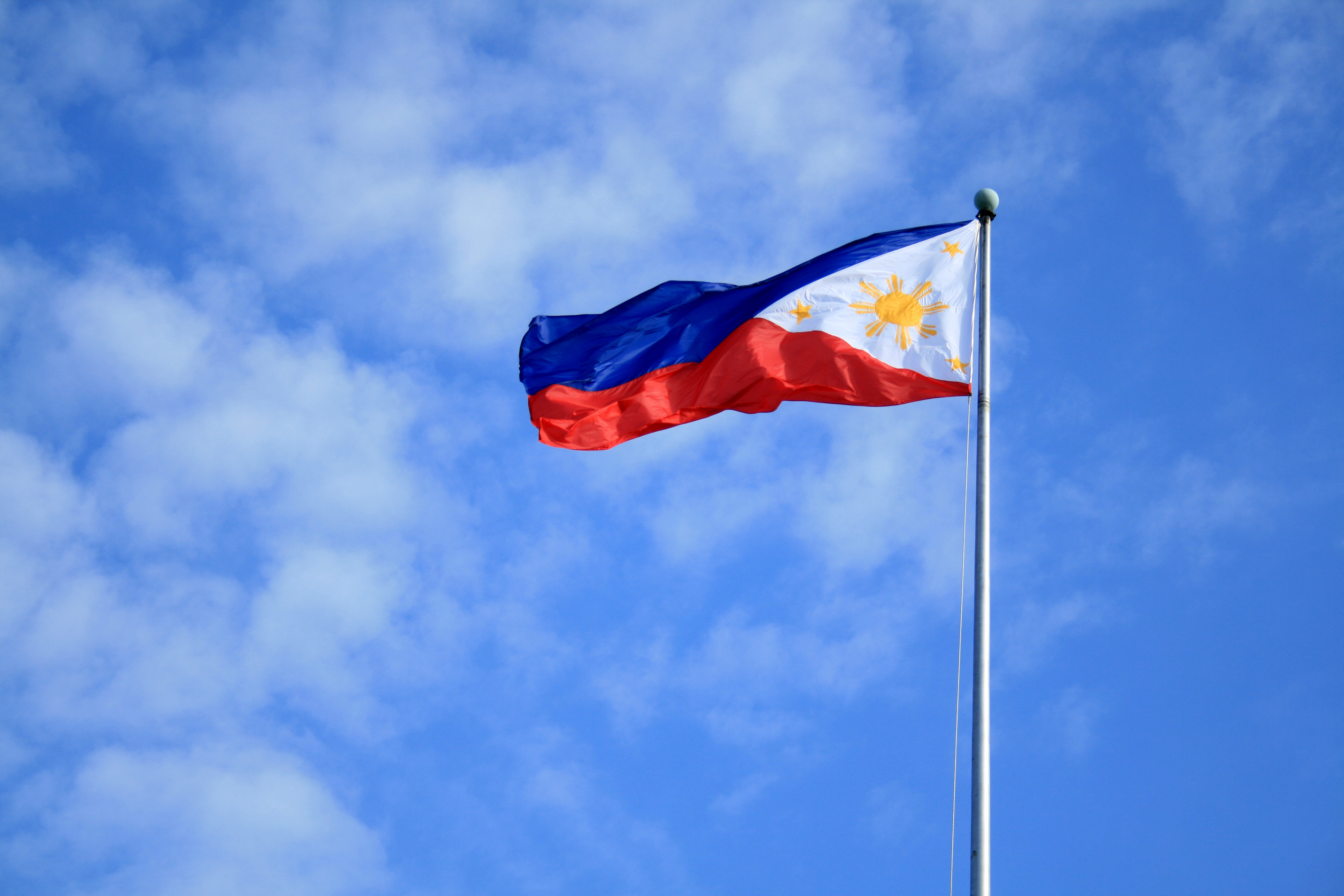
Overview:
President Ferdinand Marcos, Jr. delivered his second State of the Nation Address (SONA) at the Batasang Pambasa Complex on July 24, for an hour and eleven minutes, in front of Cabinet members, lawmakers, and other guests. The President recapped the administration’s achievements and progress over the last year, reassuring a nation that remains plagued by external economic woes. At the end of his address, the President emphasized that “the state of the nation is sound and is improving.” He anchored his address on the country's economic transformation agenda outlined in the administration's Medium-Term Fiscal Framework, which aligns with the Philippine Development Plan (PDP) 2023-2028. The Plan’s main strategies support the following areas: increasing production, expanding industries, and improving infrastructure in the economy. Below is the summary and a brief analysis of the 2023 SONA.
Economy
The President began his address by presenting headline numbers that highlighted the country’s economic growth despite strong global headwinds. Anchored on robust local demand, the strength of the BPO industry, steady flow of remittances, and jobs recovery, the Philippines grew by 7.6% in 2022, the highest in 46 years, and is well on track to achieving its growth target for the year. Inflation has been the biggest problem for the country, but the President gave assurance that the prices of critical commodities have continued to stabilize, with inflation settling at 5.4% in June from 8.7% in January. Investments in public infrastructure and the capacity of the Filipino people remain the government’s top priority, allocating 70% of the national budget to economic and social services.
Agriculture
As the concurrent Secretary of Agriculture, President Marcos emphasized the importance of boosting local agriculture production through the consolidation, modernization, mechanization, and improvement of value chains, augmented by timely and calibrated importation. Measures to increase agricultural production, reduce commodity prices, crack down smugglers and hoarders, and enhance agriculture infrastructure (e.g., farm to market roads and production facilities) will be prioritized.
Water Resource Management
The President put special emphasis on water security, citing the fundamental importance of having cohesive, centralized, and systematic efforts. In 2023, PHP 14.6 billion (266 million USD) was allocated for water supply projects meant to benefit communities throughout the country. The President called on Congress to pass a law forming a Department of Water Resource Management.
Infrastructure
President Marcos announced his intentions to vigorously implement the PHP 8.3 trillion (151.2 billion USD) Build Better More Program. The program currently consists of 194 infrastructure projects in physical connectivity, water resources, agriculture, health, digital connectivity, and energy, with 123 projects considered as flagship. To ensure economic efficiencies through the timely and cost-effective mobilization of goods and services, infrastructure spending will be at 5% to 6% of GDP and will focus on physical and intermodal connectivity. As of June, several airports, ports, railways, roads, and bridges have been constructed, maintained, and upgraded. The President mentioned the newly established Maharlika Investment Fund as a potential source of strategic funding for infrastructure development.
Energy
In pursuing total electrification and combatting power supply shortages, the President reported progress in the administration’s efforts to increase energy production and improve the current energy mix. In the last year, 8 new additional power plants have been built, bringing the total number of power generation facilities to 17, and increasing the energy production by 1,174 megawatts. Marcos emphasized that renewable energy is the way forward, underscoring that renewable energy projects are open to foreign investments. Continued energy production through the Malampaya project, increased gas exploration efforts, and a unified national grid were among the efforts cited to ensure competitive energy prices in the country.
Education
Learning recovery is the priority of the administration’s education agenda. To address this, commitments to augmenting the education workforce, adopting alternative delivery modes and blended learning, increasing safety nets, and closing the gaps in the education infrastructure were made. The technical-vocational education and training (TVET) system continues to be strengthened as local Higher Education Institutions (HEIs) reach world-class status.
Science & Technology
Marcos underlined the importance of fostering a culture of innovation and entrepreneurship built on research and development. To enhance the country’s S&T capabilities, 44 renowned Filipino scientists in diverse fields have returned through the Balik-Scientist Program. Furthermore, the Philippines launched 2 additional satellites into space to support observations and analysis activities.
Employment
The rate of employment has improved drastically since the height of the pandemic. Job mismatches are being rectified through strengthened partnerships among government, industry, labor, and the academy as well as training programs that reskill and upskill the workforce. The administration aims to create additional job opportunities for the percentage of the population that are unemployed or underemployed.
Health
Following the pandemic, health priorities will be refocused, with the healthcare system being expected to undergo structural changes. To ensure early diagnosis, sufficient treatment, and the competitive pricing of medication, the government is increasing public health projects and enhancing public health capabilities through more integrated services with local government units (LGUs) and the private sector. To ensure the steady supply of healthcare professionals, medical and nursing educational programs will be expanded, and additional benefits will be accorded to medical professionals.
Foreign Affairs
President Marcos looks to the international stage for partnership agreements to advance the economy and will continue to pursue an independent foreign policy of “a friend to all and enemy to none.” The President embarked on foreign trips to promote the interest of the country and these economic missions have yielded a total investment value of PHP 3.9 trillion (71 billion USD), with the potential to generate 175,000 jobs. Considering that bilateral and multilateral trade agreements allow the Philippines to leverage its competitive advantages and reap economic benefits, the President vowed to continue forging international partnerships that will lead to a more balanced trade strategy and a healthier economic position. With the Regional Comprehensive Economic Partnership (RCEP) in force, the Philippines stands to gain from competitive access to a regional market of 2 billion people. The government will continue to better the local investment climate through investment green lanes, ease of doing business measures, and rationalized taxation.
Tourism
The tourism sector is headed to a strong rebound. President Marcos recognizes that as a service export powerhouse it is important to continue nurturing the growth of the service sector. He acknowledges the role of the tourism sector as a reliable pillar of economic growth through job generation.
Digitalization
The President emphasized that digitalization is the call of today and that government must continue to embrace digital transformation to better service the Filipino people. The administration recently launched the eGov PH app, which is envisioned to integrate all government services into a single and centralized mobile application. Marcos cited that digitalization is a powerful tool in improving the ease of doing business and combatting various forms of graft and corruption.
Migrant Workers
As the deployment of Filipino workers continue to rise, remittances from overseas Filipino workers (OFW) continue to significantly contribute to economic growth. The administration is working to improve the operating landscape for OFWs through safe working environments, responsive mechanisms for social welfare and repatriation, the suitable reintegration of returning workers to the Philippine economy, and high-quality education and skills training in-tuned with evolving global standards.
Environment
The climate change agenda is integral in national policies and in unlocking the opportunities under the green and blue economies. The government is committed to the global goals of decarbonization and the circular economy.
Priority Legislation
Towards the end of his speech, the President pushed for the passage of priority measures aimed at supporting the administration’s fiscal framework and agenda. Please see the full list of these legislative measures below:
- Amendment of the Fisheries Code
- Amendment of the Anti-Agricultural Smuggling Act
- Amendment of the Cooperative Code
- New Government Procurement Law
- New Government Auditing Code
- Anti-financial accounts scamming
- Tatak-Pinoy law
- The Blue Economy law
- Ease of paying taxes
- LGU income classification
- The Philippine Immigration Act
A push for a whole-of-nation approach
Among the notable points from the President’s speech was his renewed push for a whole-of-nation approach, emphasizing that “collaboration is the key: between and among government offices; between government and the private sector; between industries and the academe; between government and international partners.” This approach will be operationalized through interagency cooperation and private sector advisory councils, among others. The technical nature of his speech remains to be an indication of the President’s deference to the technocrats and experts behind his administration.
Mixed reactions: Structured but lacking
The second SONA elicited mixed reactions from netizens, analysts, politicians, and businessmen alike. While many say that the President’s speech discussed pressing national issues and cited the , analysts believe his speech was a collection of motherhood statements and lacked detailed strategies to alleviate multiple crises in key sectors such as education, agriculture, healthcare, and energy. Similarly, opposition lawmakers enumerated key issues that the President failed to mention during his SONA (e.g., the West Philippine Sea, drug war, press freedom, and human rights) and challenged some of the claims he made on the economic and labor fronts. On the other hand, some business leaders found the speech comprehensive and impressive, citing that the emphasis on agriculture was important in stabilizing the economy. The SONA was meant to appeal to businesses and the private sector by ensuring a business-friendly environment through robust infrastructure, ease of government transactions, and a resilient labor market.
Advocacy Section on Priority Bills
The Council wishes to flag the following:
- On Procurement and Auditing, the Philippine Government is looking to amend that 20-year-old Government Procurement Reform Act (GPRA) to help government agencies utilize their budget efficiently. Budget Secretary Pangandaman would like to include and institutionalize digitalization (including payments) and the promotion of sustainable procurement through the Green Public Procurement (GPP) initiative in the amendment and not simply reply on guidelines of the Government Procurement Policy Board.
- The proposed Tatak Pinoy Act (loosely translated as Philippine mark or Philippine made) seeks to create a multi-year strategy that would boost the capacity of local enterprises to offer globally competitive products, goods and services. The Employers Confederation of the Philippines (ECoP) hopes the measure will help reduce Filipinos’ preference for imported products. Local busines owners are promoting this bill as a vehicle to help SME competitiveness.
- The proposed Blue Economy Act seeks to “serve as the basis for marine spatial planning, determination of investments to enhance maritime domain awareness, the preservation of value and sustainability of ocean resources, and their protection from threats such as land-based pollution and overfishing.” It is based on an economic model seeking the sustainable utilization of ocean resources through green infrastructure and technology.
US-ABC members are encouraged to let the Philippines Team know about their legislative priorities for the 19th Congress (June 2022-June 2025), whether some, all, or none are captured in the President’s list of priority bills and which bills should be the focus for policy research and advocacy. The Council plans to better align with members’ priorities in preparing and publishing quarterly or semi-annual legislative updates.


